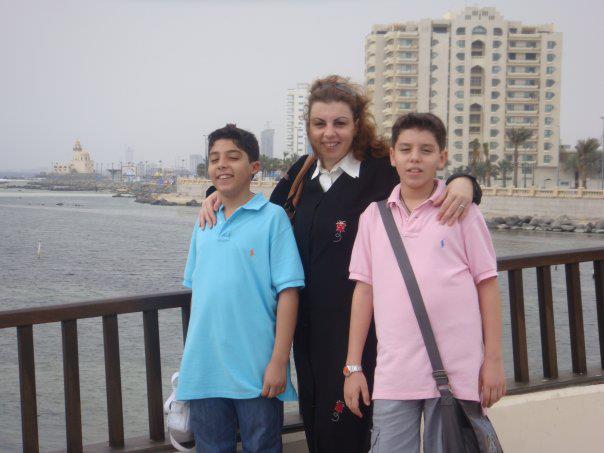CAIRO: The head of an Egyptian fertilizer plant at the centre of violent protests denied on Thursday that it was causing pollution and offered to put the dispute to a neutral committee.
Chief executive officer Medhat Youssef also said the plant in the northern port city of Damietta was running heavy losses due to the protests, adding that the Egyptian-Canadian owned factory might not be able to repay its debts if it were forced out of the country.
Hundreds of Egyptians have continued protests in Damietta into a second week, demanding the plant be moved out of the city for environmental reasons.
Last Sunday one person was killed and at least 11 wounded in clashes between the army and the protesters outside the nitrogen factory, jointly owned by state-owned Misr Oil Processing Company (Mopco) and Canada’s Agrium.
Egypt’s ruling military council later closed down the plant, state media reported, in a case which has worried stock investors.
Youssef denied the factory was causing pollution but offered to put the case to an independent review.
"I agree to the formation of a neutral committee to investigate the case provided that everyone will accept its decision," he told a news conference at the plant’s administrative office in Cairo. However, he gave no details of who might sit on this committee.
"The factory is losing LE 19 million ($3.2 million) daily due to the halt of production as a result of the protests," he said. "The Egyptian banking system would also suffer a lot if the factory moved out of Egypt as the company borrowed $1.7 billion from Egyptian banks and it would not be able to pay them back if it left," he added.
Amid investors’ concerns, the main Egyptian main stock index closed down 1.1 percent on Thursday.
Youssef further said he was holding talks with the Canadian part owner to prevent it from seeking international arbitration, but gave no further details.
The protesters first took to the streets on Nov. 8 and have been closing off the port and nearby roads since last Sunday.
According to witnesses, the protesters are refusing to leave until the factory is moved.
The state-owned Al-Ahram daily newspaper reported that the public discontent with the factory is not new. Local residents, concerned about the factory’s environmental impact, began their campaign when construction of the plant started in 2008.
Al-Ahram’s website said even local government officials opposed the project at the time.


